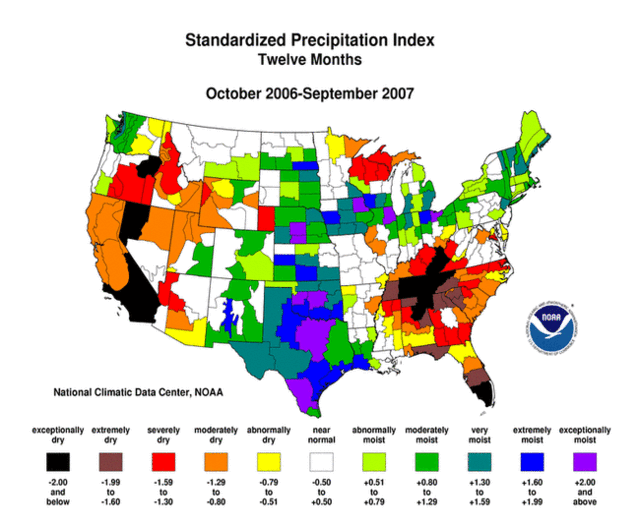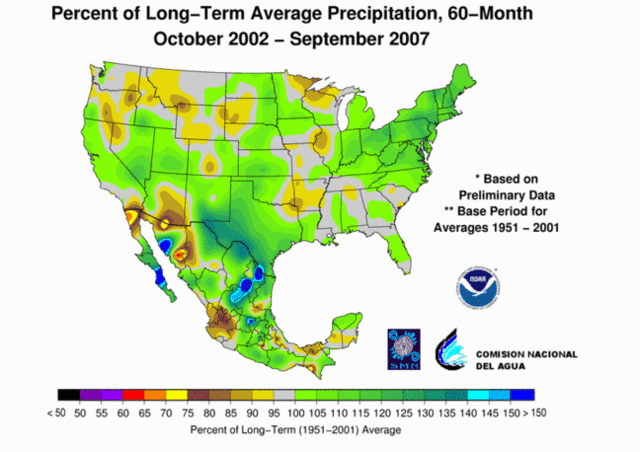Here in Phoenix we have a sheriff named Joe Arpaio. Sheriff Joe, as sensitive to building his media image as he is to fighting crime, has built himself a reputation among the majority of voters that he is a tough-on-crime code-of-the-west kind of guy. As the Phoenix New Times describes his image:
While voters lapped up the sheriff's harsh approach to inmates in his
jails "” from forcing them to wear pink underwear, to feeding them
oxidized, green bologna, to working them in chain gangs, to housing
inmates in tents "” New Times
writers pointed out that the cruelty and violence in Arpaio's lockups
prompted Amnesty International's first investigation in America.
I, however, see Sheriff Joe as a shameless self-promoter, uncaring about basic civil rights, and a serial abuser of government power. A number of Phoenix New Times (our free alt-weekly) reporters have been on Arpaio's ass for years, dogging him in the best tradition of American media trying to hold public officials accountable.
In 2004, during an election cycle, reporter John Dougherty found that Arpaio had over a million dollars of investments in commercial real estate parcels. Dougherty asked the question, how does a lifetime public official making $78,000 a year have so much real estate? Arpaio could have replied that his family was independently wealthy or that he had parlayed his real estate investment from rags to riches. Instead, Arpaio used an obscure law aimed at protecting the home addresses of government officials to remove access to any public records of his commercial real estate transactions at the same time he removed his home address from these data bases. Instead of explaining where the money came from, he used his power to cover his tracks.
The cool thing about alt-weeklies is that they are feisty in a way that major newspapers used to be but are no longer. The paper responded by publishing Arpaio's home address in an editorial. Ill-considered? Perhaps, but the paper pointed to several public web site where Arpaio's home address was already published, including several government sites. Their point: Arpaio's concern about his home address was a smokescreen to mask the fact he was really trying to remove the records of his real estate investments. If he had really been concerned about his home address being public, he would have removed it from all the other sites it appeared on, not just the data base he wished to purge of his commercial investments. [update: the law apparently bars publishing the address on the Internet, but not in other media. The New Times is legally OK for publishing it in their print edition, but technically broke the law by having that print edition also appear on the web]
Joe Arpaio is never one to just "move on." In response to the paper's editorial, Joe Arpaio used the full force of his public office to form a grand jury to investigate the Phoenix New Times. Via the grand jury, his prosecutor-buddy has slapped a really amazing subpoena on this small newspaper. This first part is bad enough:
In a breathtaking abuse of the United States Constitution, Sheriff Joe
Arpaio, Maricopa County Attorney Andrew Thomas, and their increasingly
unhinged cat's paw, special prosecutor Dennis Wilenchik, used the grand
jury to subpoena "all documents related to articles and other content
published by Phoenix New Times newspaper in print and on the Phoenix
New Times website, regarding Sheriff Joe Arpaio from January 1, 2004 to
the present."
Pretty broad scope, huh? If the case were really about whether the paper broke any laws by publishing his address, they would just subpoena that particular editorial. But this case appears to be about a lot more, specifically a chance by Sheriff Joe to finally punish the New Times for years of critical reporting. But the subpoena goes even further, into total la-la land:
The subpoena demands: "Any and all documents containing a compilation
of aggregate information about the Phoenix New Times Web site created
or prepared from January 1, 2004 to the present, including but not
limited to :
A) which pages visitors access or visit on the Phoenix New Times website;
B) the total number of visitors to the Phoenix New Times website;
C) information obtained from 'cookies,' including, but not limited to,
authentication, tracking, and maintaining specific information about
users (site preferences, contents of electronic shopping carts, etc.);
D) the Internet Protocol address of anyone that accesses the Phoenix New Times website from January 1, 2004 to the present;
E) the domain name of anyone that has accessed the Phoenix New Times website from January 1, 2004 to the present;
F) the website a user visited prior to coming to the Phoenix New Times website;
G) the date and time of a visit by a user to the Phoenix New Times website;
H) the type of browser used by each visitor (Internet Explorer,
Mozilla, Netscape Navigator, Firefox, etc.) to the Phoenix New Times
website; and
I) the type of operating system used by each visitor to the Phoenix New Times website."
I am sorry to do this to you, but if you clicked through to the Phoenix New Times site via the links in this story, any personal information that is recoverable about you is now subject to this subpoena.
For years I have argued against special privileges like shield laws for the press. My point has always been that we should not create a special class of citizen with more or less rights. And this case does not change my mind, for this reason: We all should have protection against this kind of abusive and intrusive probing by a public official, not just the press. The Phoenix New Times should not have to divulge the details of its readership, but neither should my blog or Jane Doe's MySpace page. This kind of prosecutorial fishing expedition against a critic of a government official is not wrong because it is directed at the press; it is wrong because it is directed at any American.
Update: I didn't get into all the really weird stuff. For example, Joe Arpaio argued that publication of his home address was damaging because groups were out to assassinate him:
A Mexican drug cartel acting on behalf of the Minutemen through the
intercession of a pro-immigration rights radio talk show host intended
to assassinate Arpaio, according to a sheriff's office investigation
detailed on the front page of the Sunday, October 7, edition of the Arizona Republic.
Now just think about this for a second. The Minutemen hate Mexicans
sneaking across the border. They are even less fond if the Mexicans are
smuggling drugs.
And we are supposed to believe that the Minutemen, seldom associated
with unexplained stashes of bling, agreed to a $3 million assassination
fee and put 50 percent down?
And that this was brokered by Elias Bermudez, a talk radio host, former
mayor of Mexican border town San Luis Rio Colorado in Sonora, and an
outspoken critic of Sheriff Arpaio "” and, obviously, no fan of the
Minutemen?
And a key linchpin in this comic book farce was a teenage girl in a
prep school in Hartford, Connecticut, who was an exchange student at
one point in San Luis. If the drug cartel needed to contact the
Minutemen "for any reason," they could use a particular e-mail address
. . . which, as the officers discovered, belonged to a kid in a private
school.
And from the Arizona Republic, our mainstream paper that usually fawns over Arpaio:
The Maricopa County Sheriff's Office spent an estimated $500,000
during the past six months protecting Joe Arpaio from an assassination
that supposedly was designed to cause a furor in the United States over
illegal immigration.
The convoluted plot, reported to police by a paid informant,
purportedly involved members of the Minuteman border group hiring a hit
squad from a Mexican drug cartel and using an outspoken
immigrant-rights advocate as their intermediary.
Sheriff's officials now acknowledge that virtually none of the information supplied by the source panned out.
I'm sorry, but the person who dreams this stuff up has a huge burden of proof to even argue that he is sane, much less should be our sheriff. The Minutemen love Sheriff Joe -- they are peas in a pod. They believe many of the same things. The odds they would be trying to assassinate him are ZERO. By the way, this is not the first time Arpaio dreamed up an assassination plot:
in 2003 ... prosecutors took hapless James Saville to trial for
"plotting" to kill Arpaio. Jurors wound up deciding that deputies set
up the assassin, coaxing and entrapping him. Saville was acquitted ("The Plot to Assassinate Arpaio," August 5, 1999).
Then there was the time Arpaio identified a threat upon his life that
turned out to be an art student's sculpture of a spider left upon his
lawn.
Update: Joe Arpaio has arrested the owners of the Phoenix New Times paper for revealing the contents of the subpoena.






